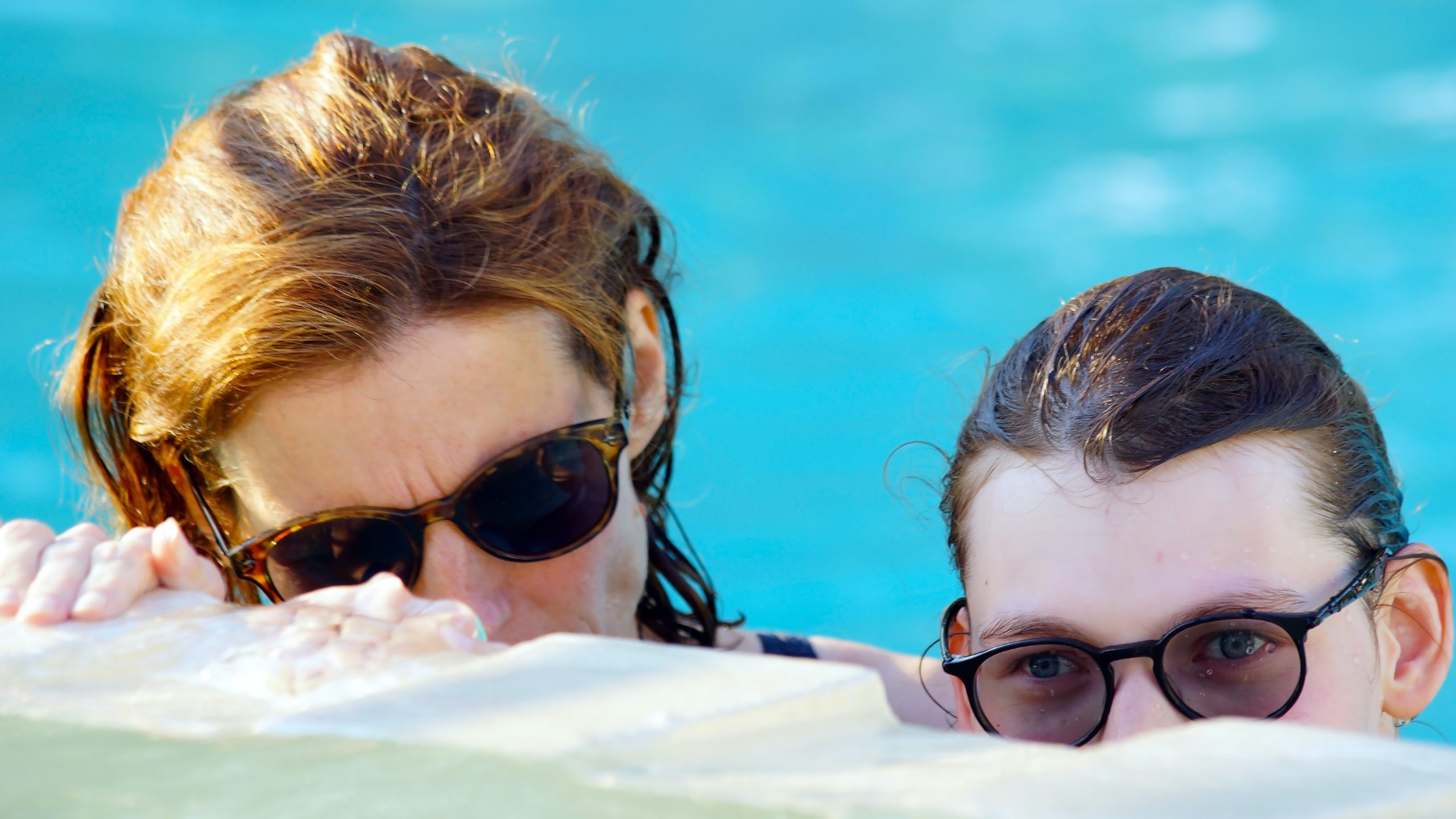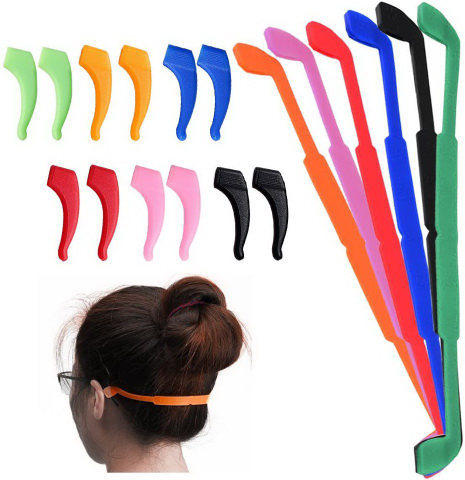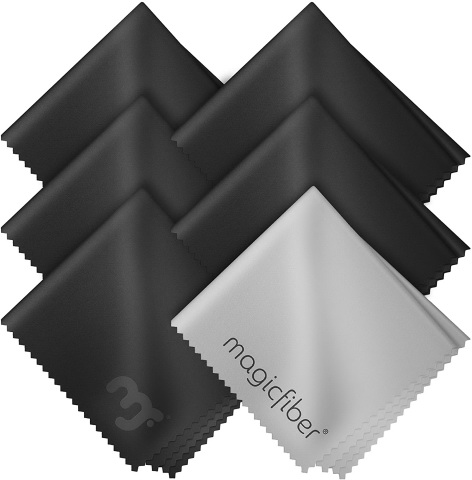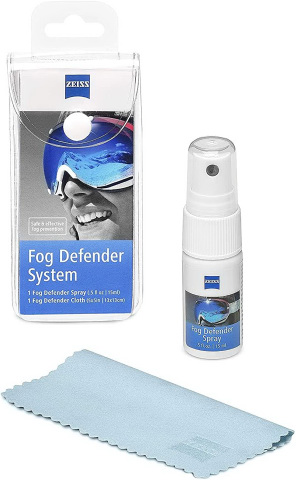The sun’s finally out and you decide a day by the pool is a must, right? Soon you start craving a dip in the pool but here comes the age-old question for your bespectacled self: is it okay to wear my sunglasses or prescription glasses in the pool? Can they get damaged by the pool water?
As a bespectacled soul myself, I’ve always hummed and hawed about this so I know this guide will help you figure out what the best thing to do is.
Simply put, prescription glasses can be worn swimming in the pool. This goes for sunglasses too. How well your glasses hold up depends what coatings are on them and the type of swimming pool.
In this article, I will give you tips and tricks for swimming with your glasses. Non-glass wearers won’t have the monopoly on enjoying dips in the pool anymore.

Article Contents
Will Pool Water Damage Prescription Glasses?
The type of pool you’re going to be swimming affects how your prescription glasses will fare. Discover how your glasses will manage in a chlorine pool, a bromine pool, a saltwater pool, and a hot tub.
Does Chlorine Water Damage Glasses?
Chlorine is the most commonly used chemical to treat and sanitize pools. Going swimming wearing glasses in a chlorine pool is okay. It won’t affect the lenses or the coatings on it, especially if you clean your glasses as soon as you can after getting out of the pool.
Water droplets left to dry can leave cloudy white residue on your glasses. Cleaning them with some warm water and a microfiber cloth is your best bet at preventing this.
Does Bromine Water Damage Glasses?
Bromine is from the same chemical family as chlorine, and is an alternative to chlorine for treating pools. They both share similar properties so the effect of bromine on glasses is the same as chlorine.
As long as you’re vigilant with cleaning your glasses after dipping into the pool, your glasses will remain unaffected.
Will Saltwater Damage Glasses?
Saltwater pools are a different kettle of fish. Saltwater contains salt ions and these ions are more damaging than rust. The mixture of oxygen, moisture, and salt corrodes and weakens metal five times faster than rust. If your glasses have a metal frame, you run the risk of damaging your glasses beyond repair.
These little salt ions can act as little grains of sand scraping away coatings, finishes, as well as the lens itself if left to dry. A common coating on glasses, anti-reflective, is particularly vulnerable to saltwater
It’ll come off in streaks at first, making your glasses look scratched and worn after only weeks of use.
Avoid wearing your glasses in saltwater pools, if possible. If you do get them wet in saltwater, then make sure to clean your glasses once you’re out of the pool. Ideally in regular intervals if you’re in the pool for several hours.
When cleaning your glasses after being in a saltwater pool, be mindful that there could be microscopic debris which could scratch them. Rinse the glasses well before drying them with a microfiber cloth.
Can You Wear Glasses in Hot tubs?
It is safe to wear glasses in hottubs and spas that use chlorine, bromine, ozone or filtered water for sanitization. Glasses will need to be rinsed after and cleaned with a microfiber glasses cleaning cloth.
If you’re running a water system that is chemically based i.e., follow the advice above, especially for salt system hot tubs. Using filtered water in your hot tub won’t have any effect on your glasses.
Is it OK to Wear Sunglasses in the Pool?
Overall, sunglasses are okay to use in pools. The difference between sunglasses and prescription glasses is the coatings.
Some sunglasses have a mirror coating, which has elements of metal in it, so it would be vulnerable to the corrosive effect of saltwater pools.
As with all types of glasses and swimming in any of the pool, the best practice is to keep your glasses above water and don’t submerge them for very long.
What about Polarized Sunglasses?
Wearing polarized sunglasses in a swimming pool is safe and will not harm the coating. The polarizing coating helps cut down reflective light (handy for swimming on sunny days) and holds up better against the effect of chemically treated pools and hot tubs.
Metal frames and metal parts of the glasses can easily be damaged by saltwater pools though.
Hacks For Swimming with Glasses On
Even though some bespectacled folks can happily go swimming without their glasses, there are a few of us who would be mistaking statues as lifeguards without them. Check out these few hacks to make the most out of swimming with your glasses still on.
Adjustable Straps
These straps secure your glasses to your face so you don’t have to worry about them slipping off in the pool and getting crushed. These bad boys are one of the highest rated adjustable straps with 4.3 stars, of which 63% voted 5 stars and only 6% voting 1 star.

Click here to check the price >>
They come with simple ear hooks, perfect for casual laps, and full straps for the serious swimmers. The choice of colors is great to match any mood.
Several buyers have noted that the sizing of straps is very small though, so be warned when purchasing them.
Microfiber Cloths
It’s a fact that a lot of glass wearers are guilty of using a piece of clothing or towel to clean off their glasses. The problem with that is there can be particles lurking, ready to scrape at your sparkling glasses.
Buying microfiber cloths is the key to keep your glasses looking great. This particular set comes in different sized packs and includes a small polybag to keep the cloth safe from dust and grit and keep it fresh for longer.

Click here to check the price >>
Although rated 4.7, some users have noticed scratches being left behind while others love how the cloth works anti-reflective coating.
Dirty microfiber cloths can contain particles that cause the scraps. Regularly wash them to avoid this.
Anti-Fog Wipes/Sprays
Getting splashes on your glasses are annoying because droplets cling to your glasses, obscuring your view. Anti-fog wipes or sprays are an underappreciated pool must-have.
This particular kit is one of the best around. Personally, I use it every few days in these COVID mask wearing times. I’m lost without it and they work perfectly in indoor pools and in hot tubs.

Click here to check the price >>
It’s rated 4.4 on Amazon with 69% of those votes being 5 stars. Unfortunately, some buyers haven’t experienced the anti-fog qualities but it may be down to the coating on their glasses.
How Do You See Underwater If You Wear Glasses?
There are a couple of ways you swim underwater wearing glasses.
The most common choice for swimmers that wear glasses to see is prescription goggles. They would be the ideal choice for your eyesight and your eye health.
The watertight suction keeps pool bacteria away. The downfall of wearing only glasses is your eyes become more susceptible to bacteria entering your eyes and causing eye infections.
If your prescription is more than –8.00 or you have an astigmatism of –1.00, you’ll need to go to your optometrist to sort out getting custom-made goggles. Unsure of what your prescription is? Just give them a call and ask.
Ready-Made Swimming Goggles for Shortsighted
If your prescription allows you to, ready-made goggles are a great pick. They come in a range of strengths. They usually come in negative diopters (like these ones below), which is ideal for shortsighted folks.
Click here to check the price >>
They act quite similarly to reading glasses and can be treated a bit more roughly than prescribed goggles, leaving you time to get those laps in.
They may not match your glasses strength perfectly though. A few buyers suggest buying two pairs in two different strengths (if your eyes need them), then swap them out to get the balance you need. After doing that, you’ll have two sets of vision-perfect goggles.
Ready-Made Snorkeling Mask for Shortsighted
The other option to go with a snorkeling mask which you can wear over the top of your glasses while providing good protection from infiltrating water. The downfall with this option is that the pressure of the band against the arms of the glasses may become quickly uncomfortable against your head.
Click here to check the price >>
And seeing as it won’t have the designed tight seal against your head, you run the risk of letting water into the mask and getting into your eyes.
Can You Wear Contact Lenses Swimming?
Contact lenses can be an amazing alternative to wearing glasses. But when you’ve decided to go for a swim, contacts are much worse than glasses. Especially if you’re wearing them underwater.
Your eyes are already at risk of infection from the contaminants in pool water but when you wear contacts underwater the risk increases. Pool water makes the contact lens itself to tighten against your eye causing significant irritation.
Additionally, contact lenses are porous so bacteria can lodge in them, giving it easy access to your eyes even after you’ve left the pool. If you swim with lenses, change them for new ones (if they’re dailies) or clean them in prescribed solution (if they’re monthlies).
Some monthly contacts allow you to wear them straight after the washing but others need overnight to fully decontaminate.
If you choose to wear contacts, keep your head above water as much as possible. If you’re diving underwater, wear goggles that securely fasten to your face for that all important anti-leak protection.
Final Thoughts
Going swimming while needing to wear glasses can be an absolute pain.
Unless you’re one of the lucky ones who can manage a day in the pool without glasses, you’ll need to find a solution elsewhere. The tips and tricks suggested here are great fixes, particularly if you keep your head above water.
If you want to dip your head underwater, goggles are the best and safest option to maintain your eye health and glasses longevity.
The key takeaway from this is no matter what method you decide to use while swimming, make sure to thoroughly clean your glasses, contacts, and prescription goggles as soon and as often as you can.
Further Reading:
Best Giant Pool Floats
Outdoor Furniture For Your Pool Deck
Can I Swim with Samsung Phone? Is it Waterproof?
Can I Swim with an iPhone? Is it Waterproof?



